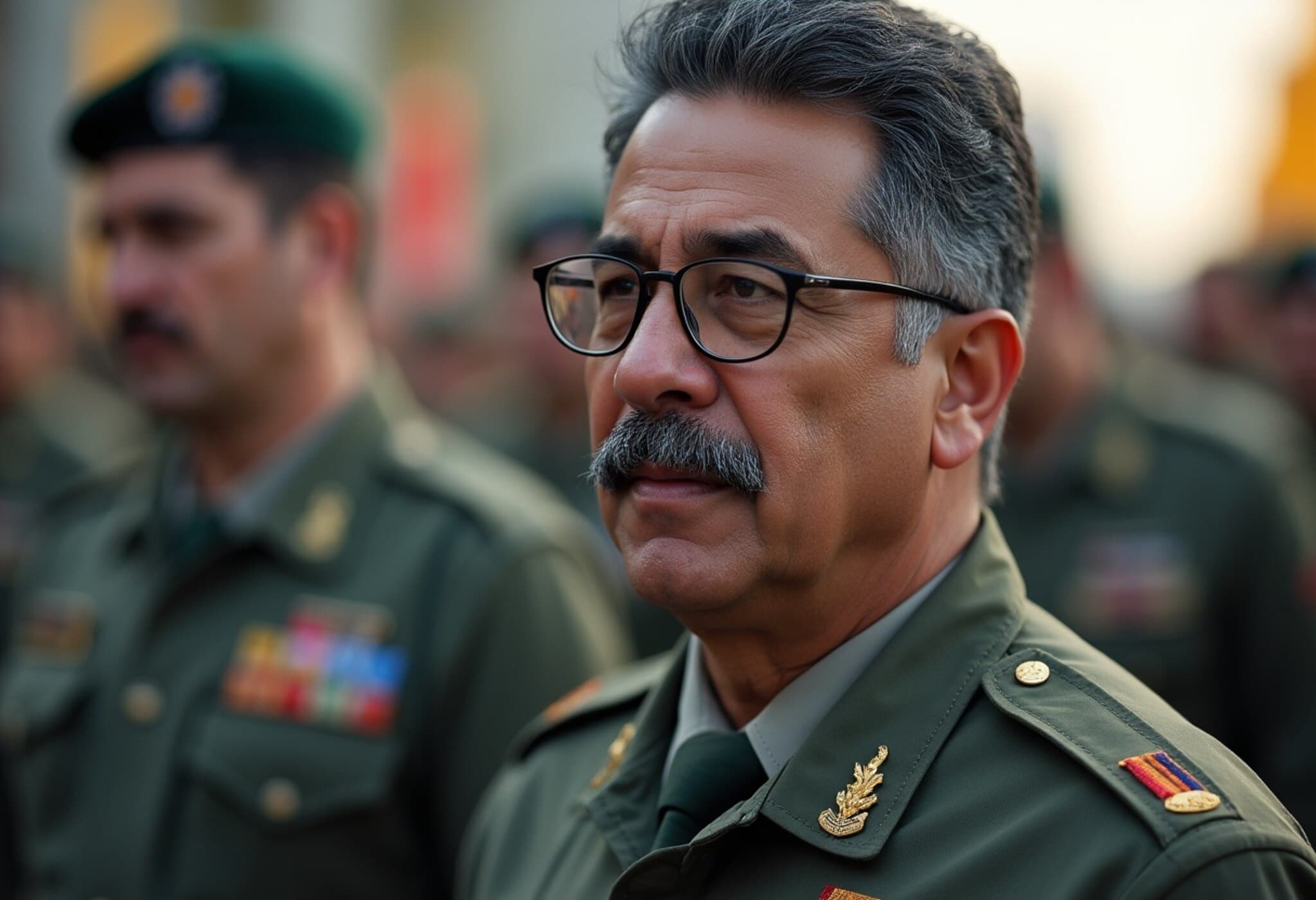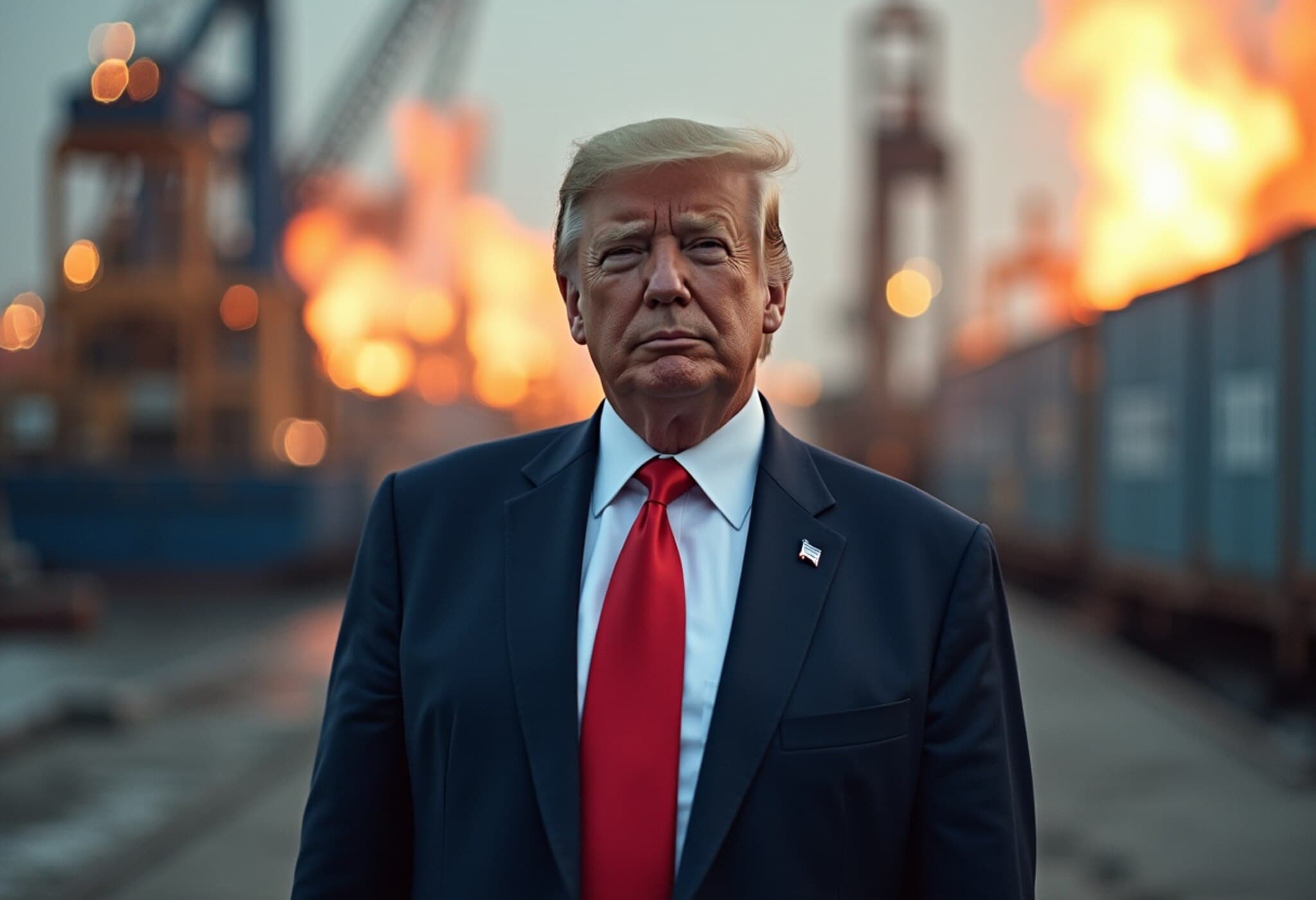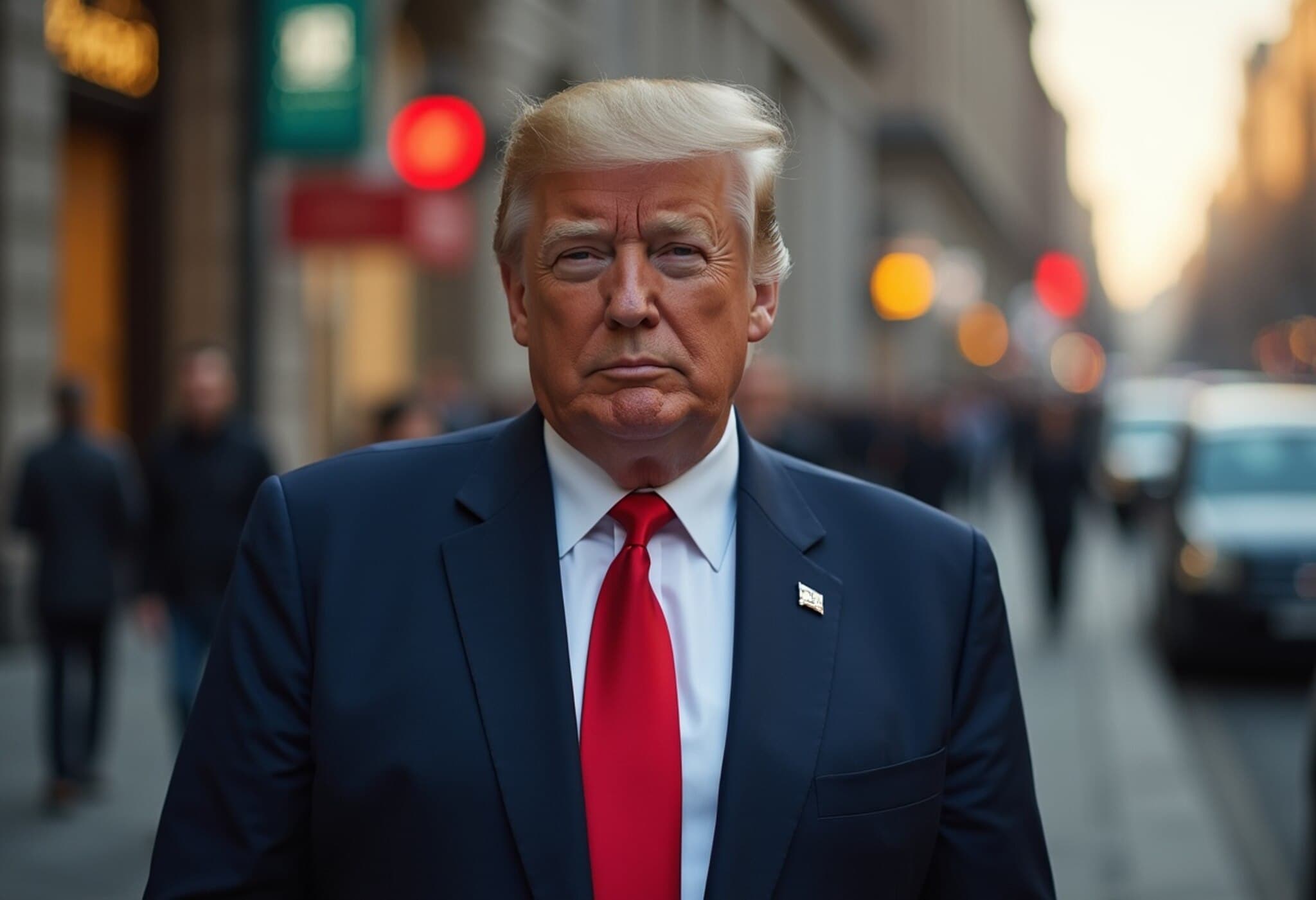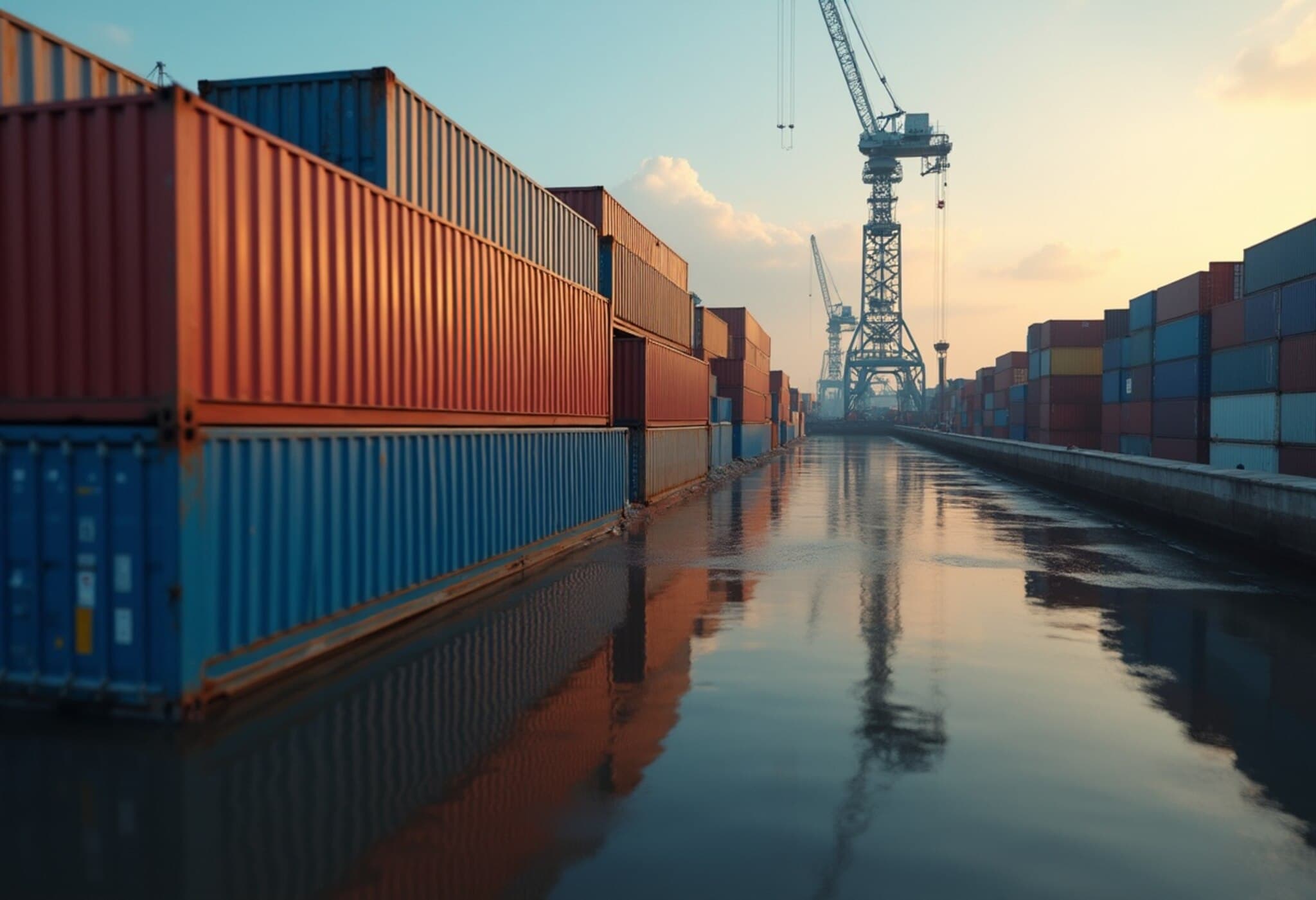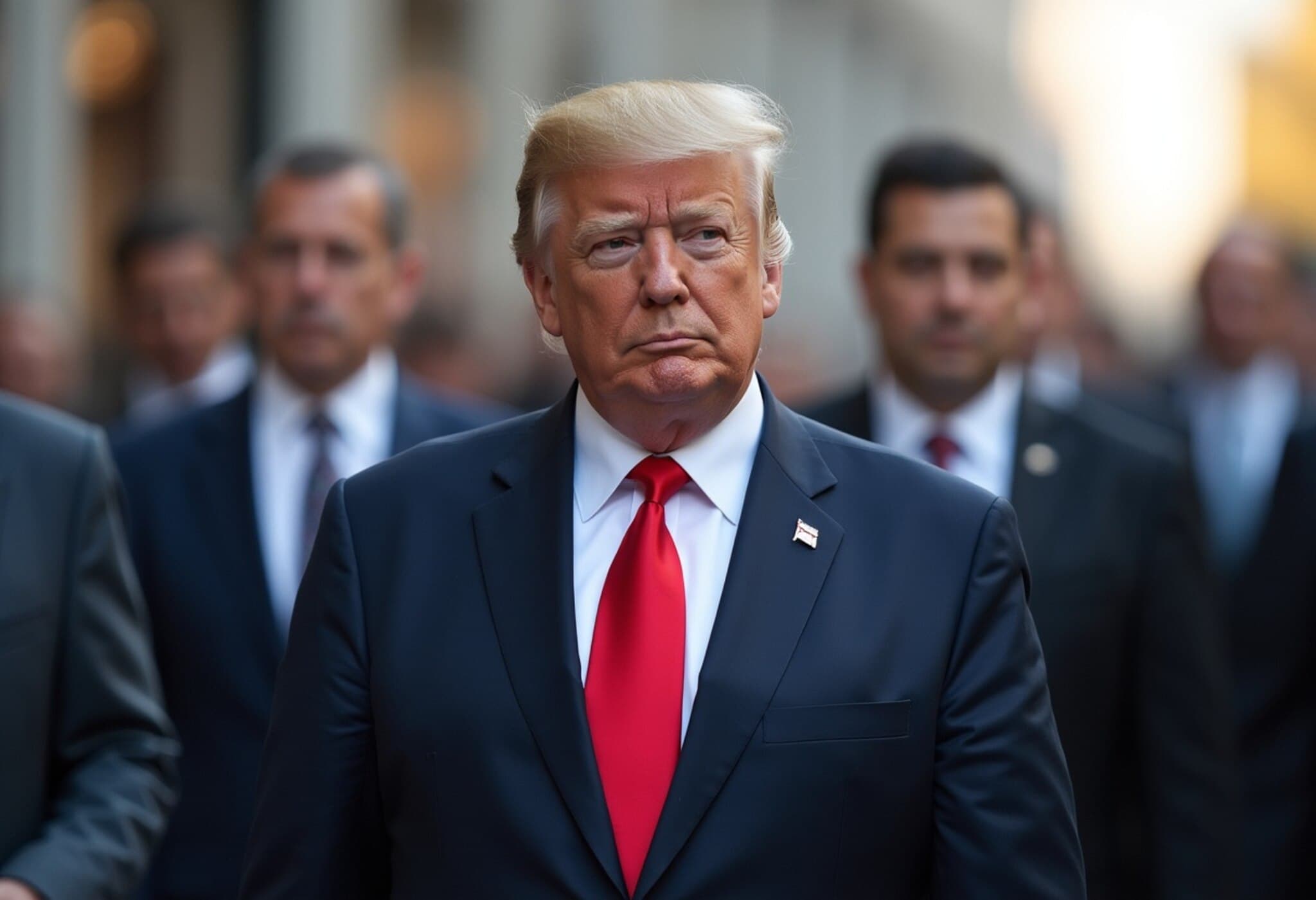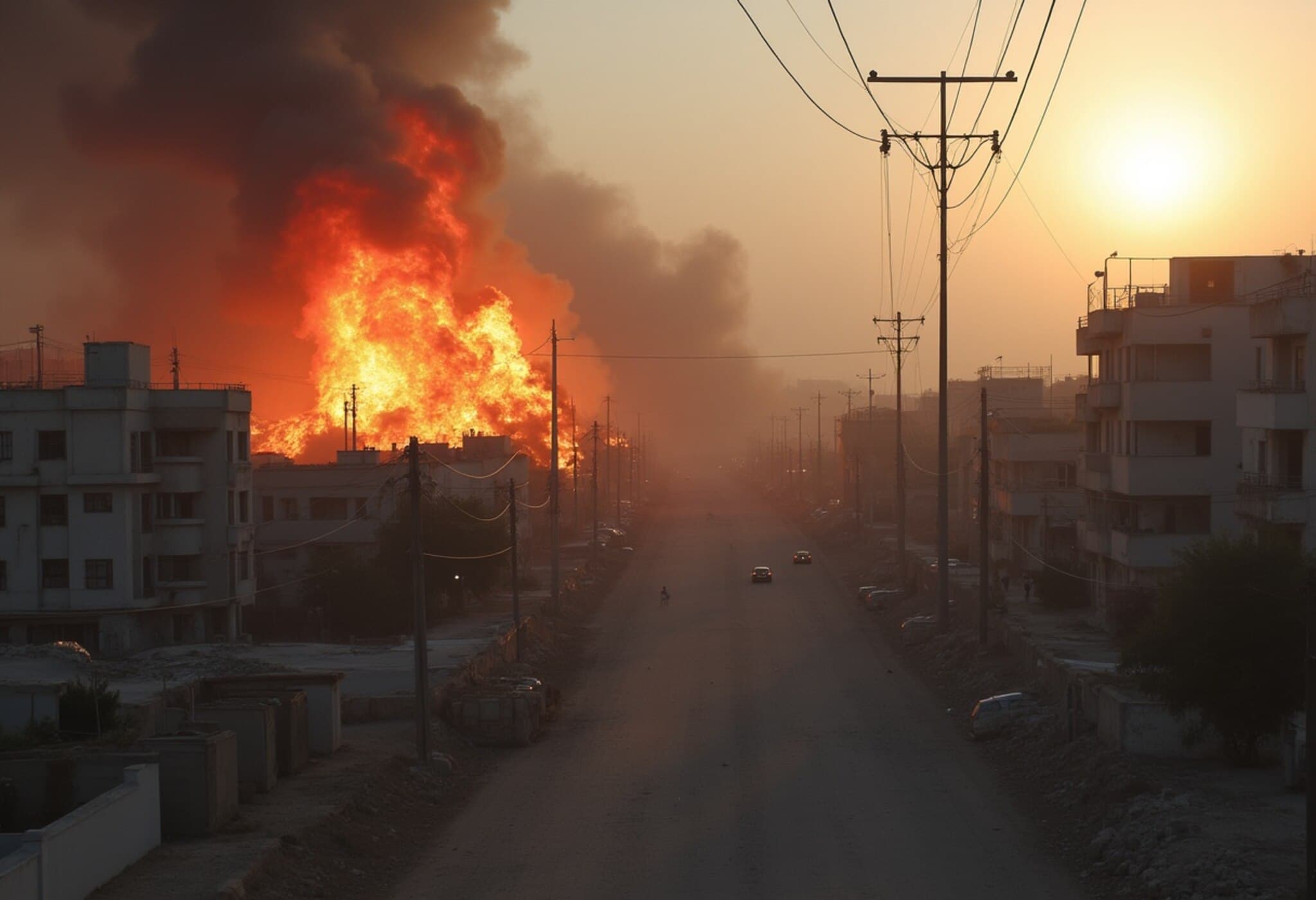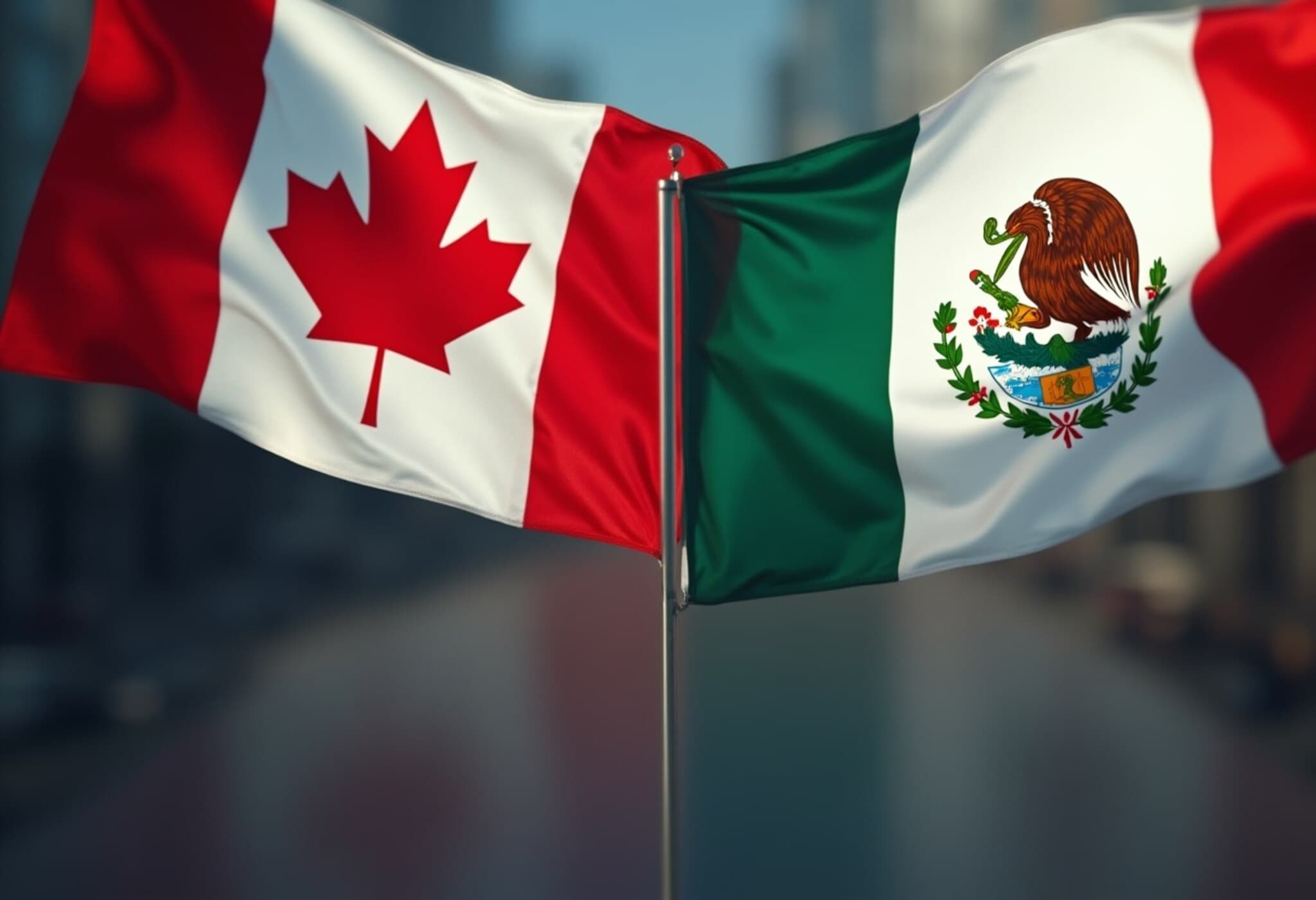US Intensifies Military Presence off Venezuelan Coast in Anti-Drug Operation
In a bold escalation of its campaign against narcotics trafficking, the United States has deployed three Aegis-class guided missile destroyers near the coast of Venezuela. This move, confirmed by an anonymous US source on August 21, 2025, illustrates Washington’s growing determination to target the alleged drug networks operating under the shadow of Venezuelan leader Nicolás Maduro.
Context: Political and Strategic Pressure on Maduro's Regime
The deployment coincides with the Trump administration's dramatic increase in pressure on Maduro, including a doubling of the bounty on the Venezuelan strongman to a striking $50 million earlier this month. This escalation underscores Washington’s refusal to recognize Maduro as Venezuela’s legitimate leader following his contested election wins.
US authorities have specifically accused Maduro of leading the notorious Cartel de los Soles (“Cartel of the Suns”), an organization implicated in large-scale cocaine trafficking. In a significant policy shift, the US Treasury designated this cartel as a terrorist entity last month, linking it to other criminal networks like the Tren de Aragua and the Sinaloa cartel, both previously classified as foreign terrorist organizations.
Military Buildup and Diplomatic Messaging
Sources close to the administration report that the destroyers’ deployment is backed by plans to send up to 4,000 US Marines to the region, signaling potential readiness for a ground operation if necessary. Press Secretary Karoline Leavitt emphasized that President Trump is committed to using all elements of American power to halt the flow of drugs into the US and bring traffickers to justice.
“President Trump has been very clear and consistent, he’s prepared to use every element of American power to stop drugs from flooding into our country and to bring those responsible to justice,” said Leavitt.
She further described the Venezuelan government as a “narco-terror cartel” and condemned Maduro as a fugitive head of this operation, pointing to his indictment in US courts on drug trafficking charges.
Venezuela’s Response: Militarization and Defiance
In a defiant response to the escalating US pressure, Maduro announced the mobilization of 4.5 million militia members across Venezuela. This move aims to fortify domestic resistance against what Caracas describes as US “threats” and potential incursions.
Maduro’s approach highlights the fragile balance of power in the region, where US efforts to combat transnational crime collide with longstanding geopolitical tensions and questions over sovereignty.
Expert Insight: The US Strategy and Its Regional Implications
From a policy perspective, the US deployment illustrates a multifaceted strategy combining military readiness, economic sanctions, and international legal measures to isolate the Maduro regime. Experts note that while such actions can disrupt illicit trafficking temporarily, they also risk further destabilizing an already fragile Venezuelan economy and emboldening anti-US sentiment across Latin America.
Moreover, the labeling of criminal organizations as terrorist groups blurs traditional lines between criminal justice and counterterrorism, potentially expanding the scope of US military and intelligence operations in the region.
Questions Raised
- How might increased militarization affect Venezuelan civilians caught in the crossfire?
- What are the long-term impacts of designating drug cartels as terrorist organizations on international cooperation?
- Could this escalation prompt similar actions from other regional powers, shifting the geopolitical landscape?
Editor’s Note
The recent US naval deployment near Venezuela marks a significant moment in Washington’s ongoing effort to stem drug trafficking through increased military and legal pressure. While these measures underscore the gravity with which the US views Venezuela's role in narcotics trafficking, they also raise profound questions about sovereignty, regional stability, and the humanitarian implications for Venezuelans. As this situation unfolds, close attention to diplomatic developments and regional responses will be crucial to understanding the broader consequences.

